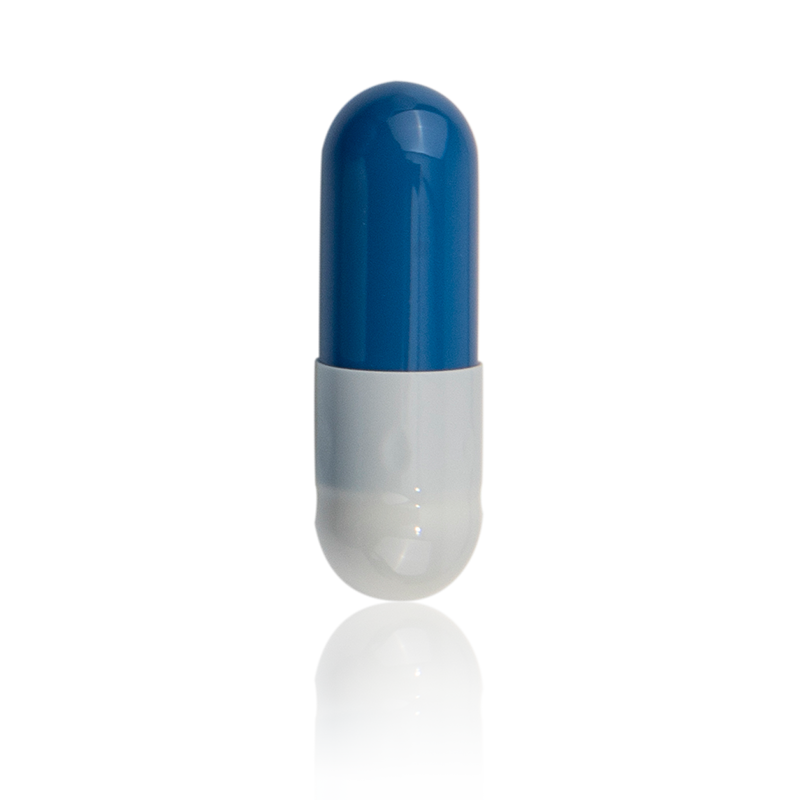A
delayed release capsule is a type of medication that is designed to release its active ingredient(s) at a specific time or location in the body. The capsule is formulated in such a way that it resists disintegration in the acidic environment of the stomach, and instead releases its contents in the alkaline environment of the small intestine. This delayed release can be achieved by using special coatings or other technologies to control the rate at which the capsule breaks down and the active ingredient(s) are released.
Delayed-release capsules are often used for medications that can cause irritation or damage to the stomach lining, or that need to be absorbed in the small intestine for optimal effectiveness. Common examples include medications for acid reflux, ulcers, and inflammatory bowel disease. By delaying the release of the active ingredient(s), delayed-release capsules can also help to extend the duration of action of the medication, allowing for less frequent dosing and improved patient compliance.
Enteric-coated Hollow Capsules
Product introduction: Enteric gelatin hollow capsules are made of gelatin and enteric coating materials.
Product Category: Pharmaceutical Excipients
Product application: It is often used in special packaging for drugs or health care products that are irritating to the stomach or are unstable in the presence of acid, and that need to be dissolved in the intestine and exert their curative effect.
Product function: Intestinal positioning administration, reducing adverse reactions. Targeted fixed-point release: no disintegration and no cracks in gastric juice for two hours, and drug release in intestinal juice within 30 minutes, providing a perfect solution for protein polypeptide drugs and live bacteria preparations.
Product advantages: Intestinal-targeted drug delivery can improve drug efficacy and reduce dosage, and at the same time, it can reduce adverse reactions and facilitate the use of patients; it can also avoid the degradation of oral protein polypeptide drugs or health care products, providing the best absorption site for drugs.

